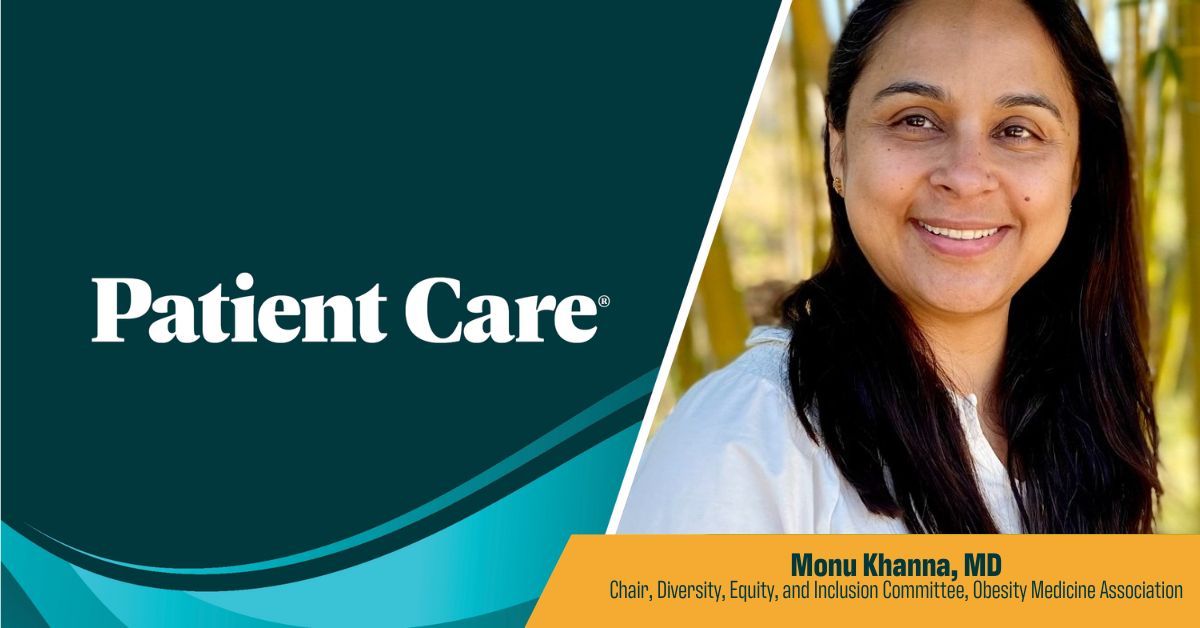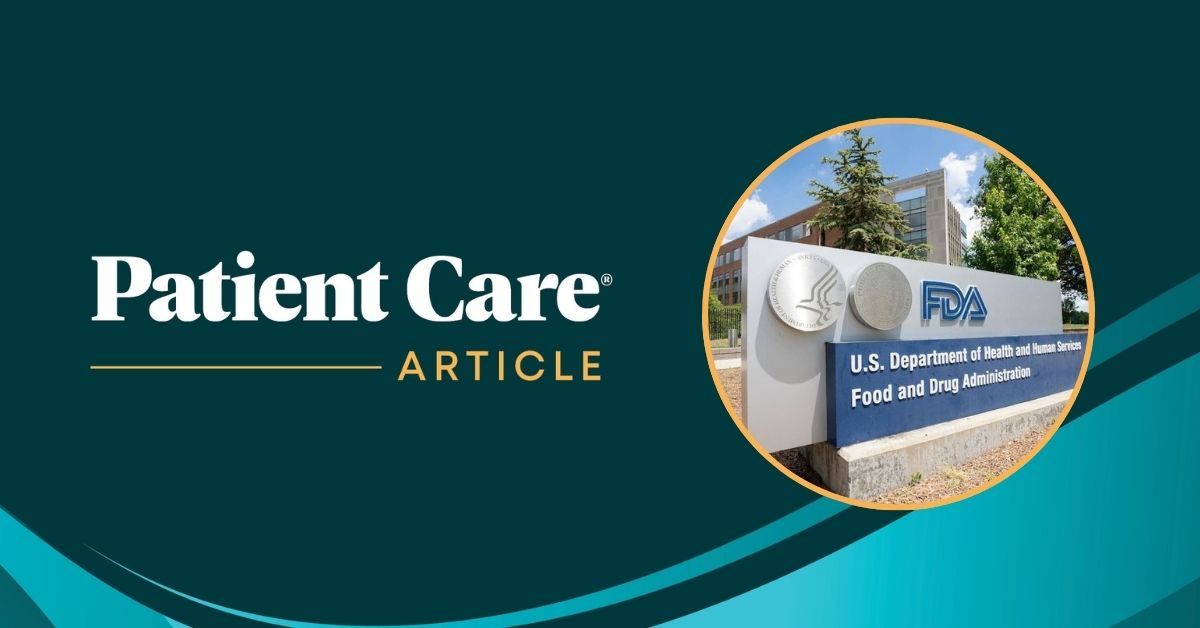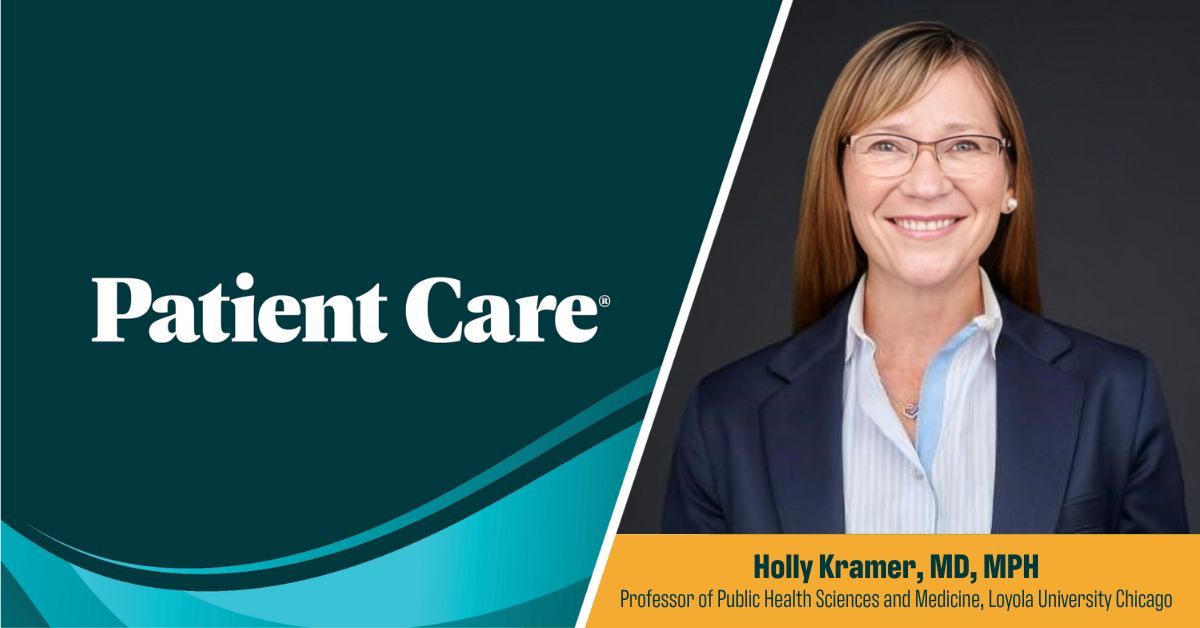
Diabetes
Latest News
Latest Videos
Shorts

CME Content
More News
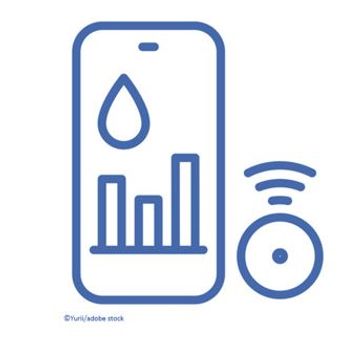
CGM users experienced fewer ED and inpatient days and better glycemic outcomes, but most eligible adults in this large cohort did not use the technology.

The 2026 annual updates to the Standards of Care in Diabetes include wider CGM use, guidance on dosing of antiobesity drugs, and glycemic management during cancer therapy.

Insulet enhances the Omnipod® 5 system with new glucose targets and algorithms, improving insulin delivery for diabetes management.

GLORY-2 participants showed continuous weight loss through 60 weeks with no plateau; mazdutide also improved multiple cardiometabolic markers.

FDA approves Dexcom Smart Basal, a groundbreaking CGM-integrated insulin dosing optimizer, enhancing diabetes management for adults with Type 2 diabetes.

A new study reveals that the Preventive Health Inventory enhances diabetes and hypertension management among veterans without increasing hospitalizations.

Adults with diabetes often face obstacles to optimal disease management in the workplace. Use this checklist in the clinic to help them navigate the barriers.

Global survey data highlight persistent stigma and self-management barriers for adults with diabetes in the workplace, with implications for clinical care.
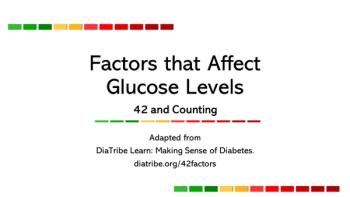
These 42 factors that affect blood glucose are in categories including food, activity, and biological influences. Perfect information to share with your patients with T2D.

Your daily dose of the clinical news you may have missed.

The real-world study of 200,000+ adults found no GI safety differences among 3 GLP-1 drugs for T2D, however SGLT-2 inhibitors are safer for motility issues.

Use of GLP-1 receptor agonists for weight loss has more than doubled since early 2024 while 7.6 million fewer US adults qualify as obese in 2025.

The model predicts 14 different T2D complications that can develop over ~15 years, and models how the disease progresses by predicting change in risk factors over time.

The phase 3 DREAMS-3 trial is the fist phase 3 head-to-head comparison of a GLP-1/glucagon dual receptor agonist against semaglutide in diabetes treatment.
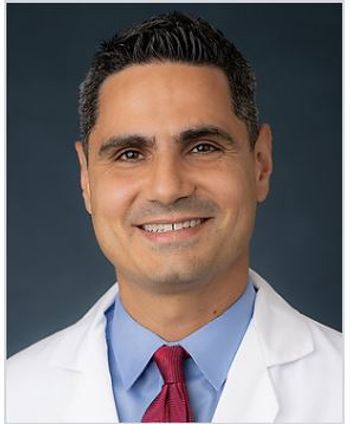
After 1 year of coaching by the AI app or a DPP-associated coach, reductions in weight and HbA1c and increases in physical activity were equal, an outcome with great promise for scalability.

The first FDA-approved oral GLP-1 receptor agonist received an expanded indication for both primary and secondary prevention in T2D patients at elevated CV risk.

Your daily dose of the clinical news you may have missed.

GLP-1 RAs liraglutide, semaglutide, and dulaglutide showed similar kidney and cardiovascular outcomes more than 20,000 US veterans with type 2 diabetes.

Topline phase 3 data shows oral GLP-1 cuts HbA1c by 2.1% when added to basal insulin, nearly triple placebo's effect in patients poorly controlled on current therapy.
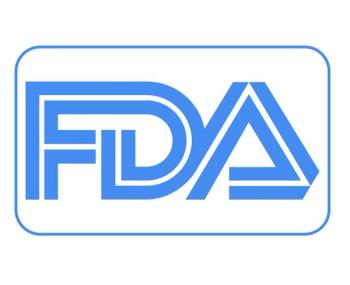
The sBLA includes data from the phase 3 INHALE-1 study, which showed Afrezza noninferior to MDI insulin. A PDUFA date is set for May 29, 2026.

Your daily dose of the clinical news you may have missed.

Novo Nordisk aims to revolutionize diabetes care with its resubmission for insulin icodec, a potential first once-weekly basal insulin for type 2 diabetes therapy in adults.

In children aged 10 to <18 with T2D inadequately controlled on standard of care treatment, tirzepatide reduced HbA1c by an average of 2.2% and reduced BMI as well.

EASD 2025: The risk of developing the 4 primary subtypes of T2D was increased by as much as 3-fold and was not dependent on duration of smoking behavior.

Your daily dose of the clinical news you may have missed.

